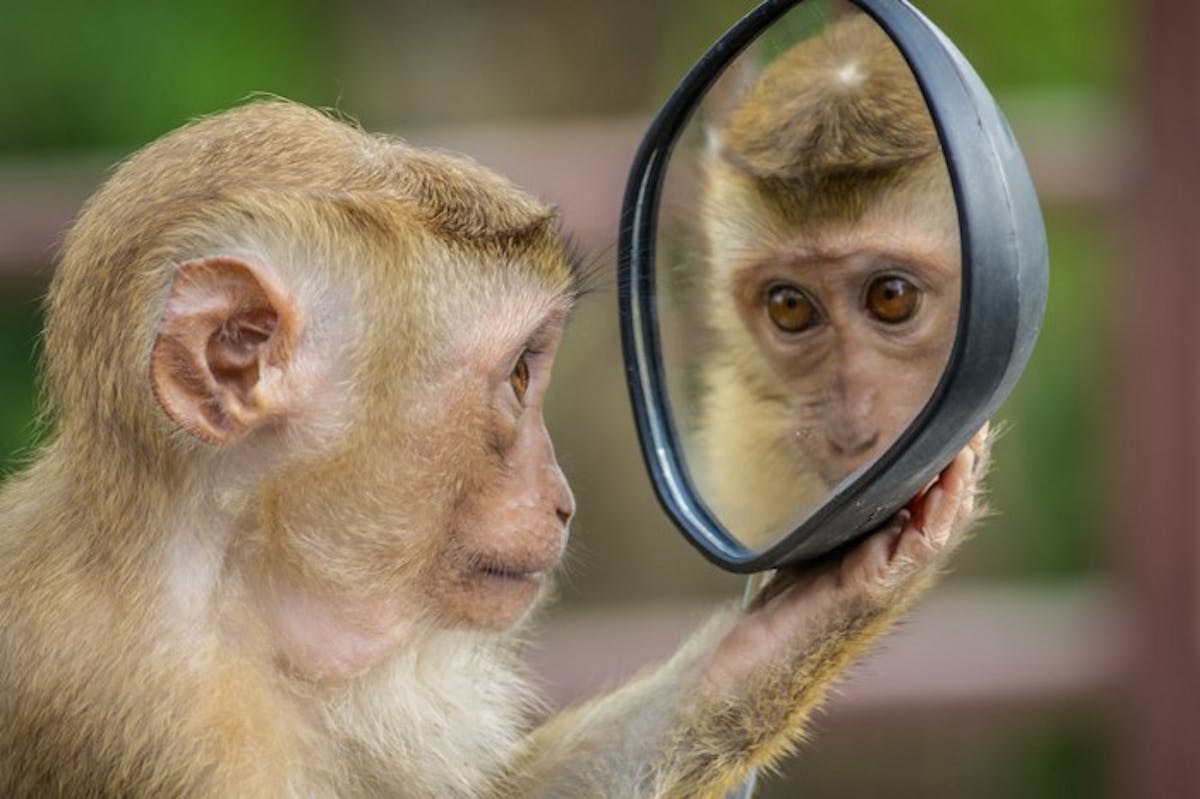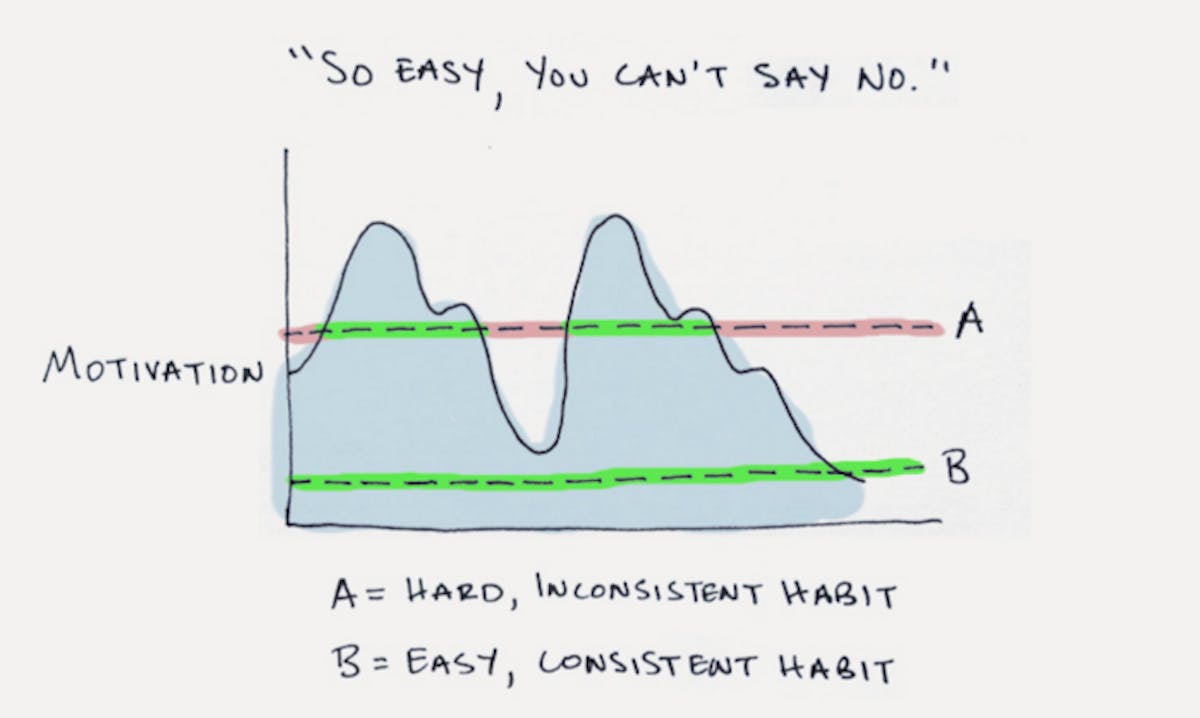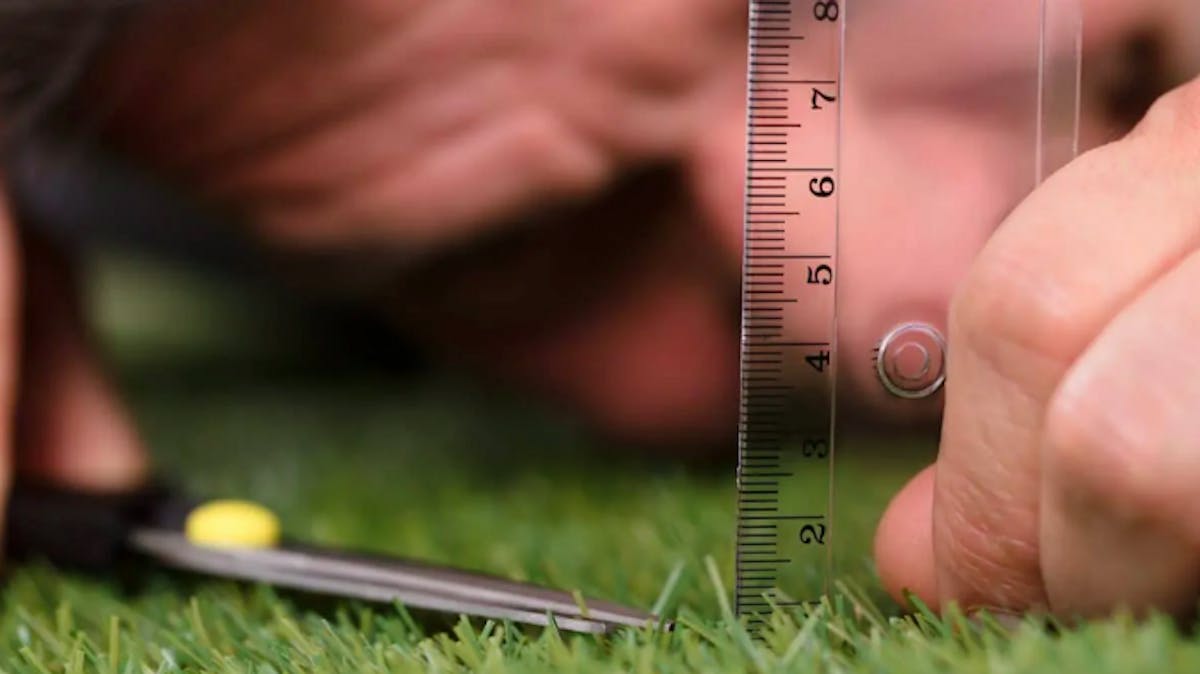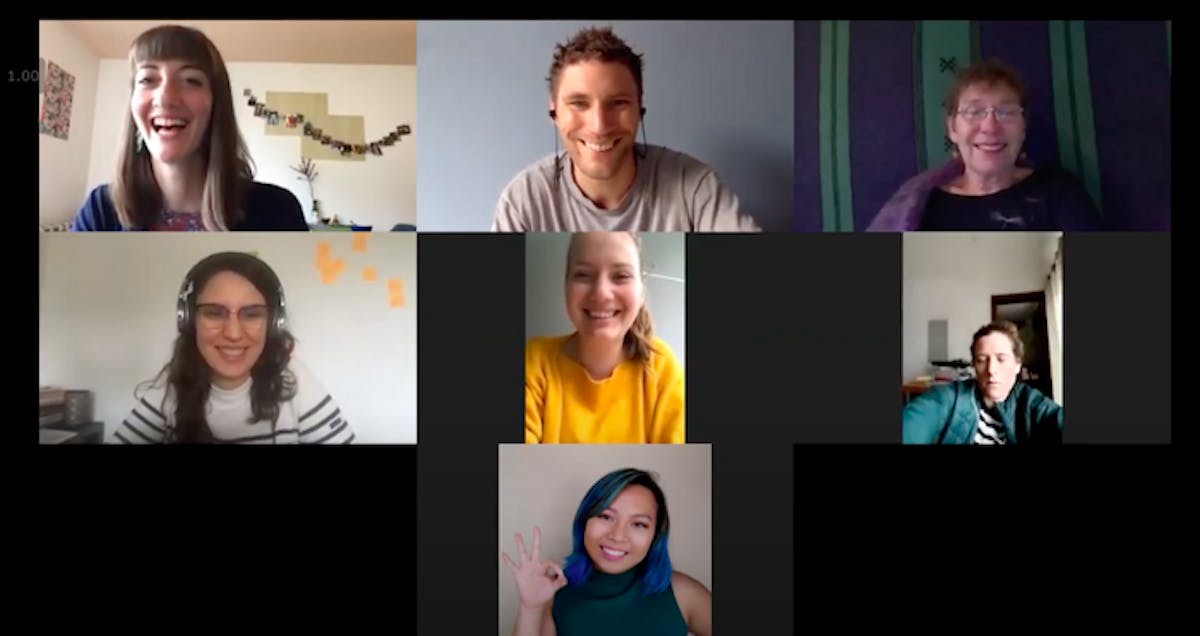In today’s work environment, we must meet all sorts of expectations and deadlines, be constantly ahead of the game, excel in leadership, and at the same time be innovative and agile. And if you don’t have an environment where people feel safe to; be themselves, share their opinions, disagree with each other, and take risks, it’s very hard to achieve any of those things.

5 Steps to Changing Your Habits & Making them Stick
Being in lockdown can be quite daunting, but it can also be an opportunity for growth. I choose to look at this time as a chance to invest in myself. Many of the things I’ve been wanting to do but didn’t have the time for are now suddenly possible. Like taking The 1-Month Habit Experiment I’ve been running with various groups in person, online.
A great way to invest in yourself is to build habits that will make you a better person in the future. That way, you will come out of this as a better version of yourself. But for most people, it’s tough to change their habits… We have all embarked on a mission to change ourselves only to find ourselves back in the same routine a few weeks later. This was my experience, over and over again. Until I decided to study people who are really good at it and learn from them. To my surprise, I realized there’s a whole art to it, and it can be mastered.
45% of what you do in a day is controlled by habits. That’s almost half of your life. Think about that. How come we are never taught how to change our habits? Once you learn more about it, you will realize what an essential skill it is to have.
For the past few years, I’ve been studying this topic and working with various groups of people to help them change their habits and behaviors through “The 1-Month Habit Experiment”.
Here are the 5 most impactful tools, tips, and techniques that you can apply today to make changing your habits a whole lot easier.
1. Start by asking yourself who you wish to be

All long-term behavior change I’ve personally accomplished, or seen in others, is the result of a change in identity and beliefs.
Your identity is basically made up of what you believe about yourself. And what you believe about yourself influences how you act. And how you act in the world influences what results you get.
The reason why so many people keep falling back into the same routines is usually because they focused on achieving a specific outcome rather than focusing on changing their identity, their beliefs, and how they see themselves.
Let’s say you want to be more healthy and lose 5kg. Losing 5kg does not necessarily make you a healthier person. Because there’s nothing about losing 5kg that says you won’t put on that weight in a few weeks again.
Instead, if you focus on changing your identity and your beliefs, that change is far more likely to stick. To change our beliefs, we have to act differently to show ourselves that we are different than we taught. This we can do with habits. But before making any changes to your life, make it clear to yourself who it is you want to be.
For example, I want to be reliable. I want to be productive. I want to be kind towards myself and others. I want to be a great listener.
Who do you want to be? Pick one part of your identity you want to focus on.
2. Make a list of common habits and behaviors people with this identity have

Once you know who you wish to be, the next step is to ask yourself how people with this identity usually act. What are their common behaviors, routines, and habits?
Want to be a great listener? Think about what great listeners usually do. They probably don’t look at their phone while talking to you. They probably keep eye contact. They often wait for you to finish what you were saying before replying, etc.
Make a list of all habits and behaviors that will support you in becoming this person and pick one that you want to focus on. That is your habit to work with.
3. Pick a starting point you are 100% sure you can stick to

Once you know who you aim to be and what habit will support you in becoming this person, it’s time to start acting that way by implementing your habit. But before you do so, let’s make sure you pick a starting point you know you can stick to.
Where you start will determine your success rate. Whenever we are starting something new, we usually feel really excited and motivated and as a result, we tend to be really ambitious with our goals.
Let’s say you haven’t been working out in the past four years. Now you are determined to start again and you decide to run 4 times a week for 40 minutes each time.
The first week, you do fine because you feel really motivated and determined. The second week, you only manage to do it twice because you had a really stressful week. The third week, you only manage to do it once and now two things will happen:
- You start to feel like a failure and you get demotivated.
- You can’t stay consistent.
For any action to become a habit, we need to do it repeatedly for our brains to learn that this is a positive thing worth keeping up. So consistency is far more important than volume, especially in the beginning.

This is an image from jamesclear.com that shows the difference between starting really ambitious vs at a place you know you can stick to
So in order to stay consistent, you need to pick a starting point that you know you can stick to, regardless if you have a stressful week, feel hungover, or just don’t feel like it.
Want to start meditating? Start meditating for 1 minute each day. Regardless of what is going on in your life, you can meditate for one minute. And by picking a starting point that you can stick to, two things will happen.
- You will feel good about yourself because you are sticking to what you set yourself up to do.
- You will build consistency and momentum which is key to turning any repeated action into a habit.
Every time you act like the person you wish to be, you are showing yourself that you are that person and your beliefs about yourself will start to change.
And on days you don’t feel like doing it, rather than not doing it at all, do it poorly. Doing 50 pushups each day and waking up and don’t feel like doing it today? Rather than skipping, just do it poorly. Do 5 pushups. Or do 1. That way you can stay consistent, regardless of what’s happening in your life.
Once you have established a routine, you can ramp things up. But start where you can’t fail and you are far more likely to keep it up, even on your hard days.
4. Experiment

Often when we set out to implement some change in our life, we make a quick plan, set an ambitious goal and get going. And then we hope that things will go according to plan. But then it doesn’t and we feel like a failure. This is our perfectionist mindset talking and it will slowly break you because you can’t keep up with its expectations.
Instead, think of a scientist experimenting in their lab. What are they doing? They start with a hypothesis, test things out, play around, take notes, learn, fail, change things, find a key insight, and start again.
This is how you want to approach the process of changing your habits as well. The plan that you create is just a hypothesis that you then go about testing out to see what happens. So when you slip up (which EVERYONE does), rather than looking at it as a complete failure, it simply becomes part of the process and you can learn from it. It allows you to play around and test things and have fun with it. And by taking notes, you will not only learn how to be better at implementing habits, but you will also learn about yourself and your values, strengths, beliefs and potential pitfalls.
Don’t worry if you miss a day, suddenly feel like working on a different habit, or the time you will do it. Just test things out and see what works. Don’t worry about what does not work, learn from it, and move forward.
5. Change together with others

Most things are more fun to do with others and in the case of changing habits, it also makes it a whole lot easier.
First off, by committing to something together with others, they can then hold you accountable for it. And research shows that this makes it more likely that you will stick to that commitment.
Another additional benefit is that you will learn from each other. Rather than doing one experiment, you have several experiments running at once and you get to extract the learnings and insights from all of them.
Last but not least, by doing it with others, you will realize that it’s not only you who find it hard and that your struggles are the same as everyone else’s, which makes it easier to accept your setbacks and then move on.
So how will you use this unique opportunity we are in right now to invest in yourself?
If you feel like you need additional support and want to learn more advanced techniques, feel free to join the next The 1-Month Habit Experiment. During that month, you learn the science behind habits, experiment with others, equip yourself with the skill of habit formation, and expand your self-awareness. And it’s fun, the picture above is proof of that! Feel free to join us for the next one, starting on the 20th of May or any of the upcoming ones that will take place monthly.
If you want to learn more about how you can change your habits, I can highly recommend reading the book Atomic Habits by James Clear.

